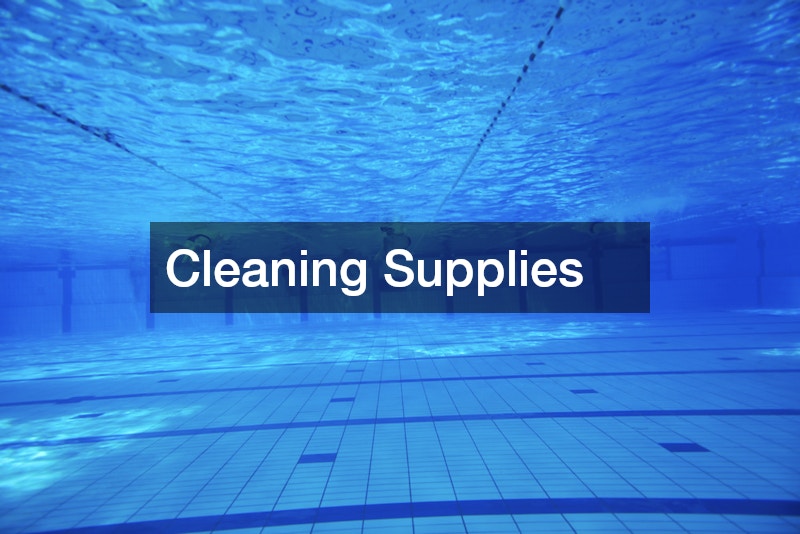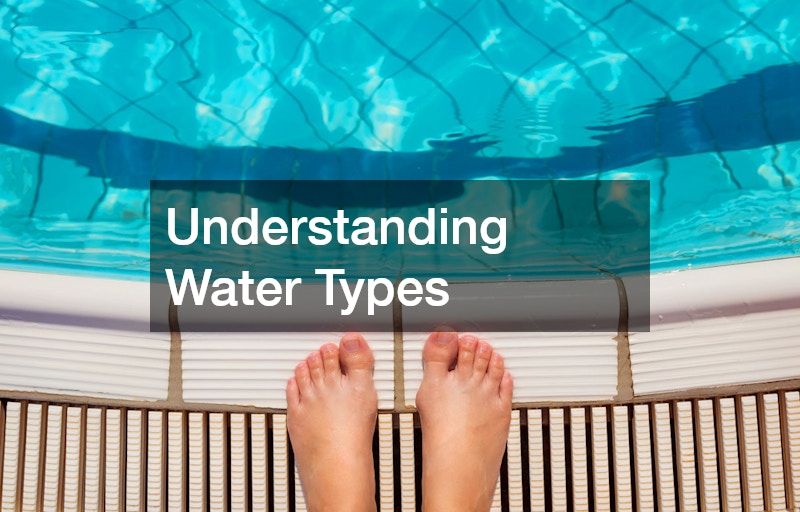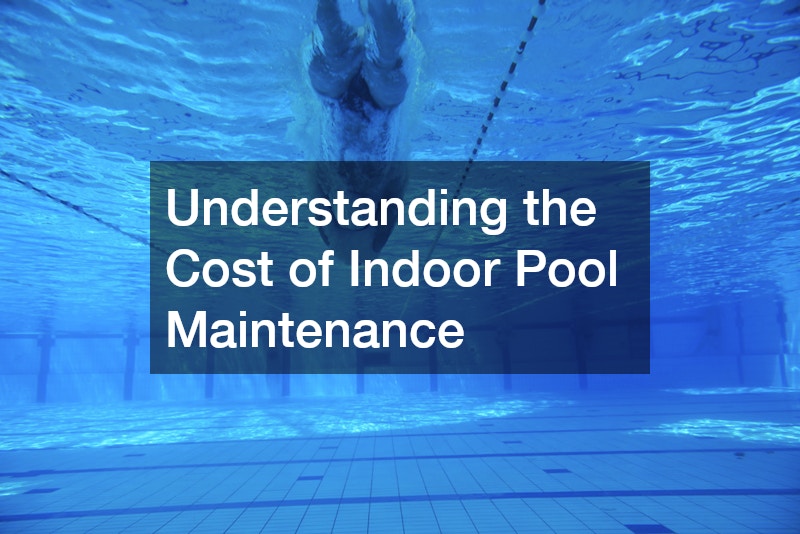
Introduction
Indoor pools are luxurious features that can enhance any home, providing a year-round retreat for relaxation and recreation. However, owning an indoor pool comes with responsibilities and costs that go beyond the initial investment. Understanding the nuances of indoor pool maintenance is crucial for ensuring not only the longevity of the pool but also the safety and enjoyment of its users. This article will explore the various factors that contribute to the cost of indoor pool maintenance, from routine cleaning and water treatment to potential repairs and renovations.
Maintaining an indoor pool is a multifaceted task that requires knowledge of water chemistry, equipment care, and structural integrity. As indoor pools are typically enclosed, they also require specific considerations such as humidity control and ventilation to prevent mold and mildew. Regular maintenance is essential to keep the water clean and safe, avoid costly repairs from leaks or equipment failures, and create a pleasant swimming environment. By understanding these aspects, pool owners can make informed decisions about how to care for their pools, whether they choose to tackle maintenance themselves or hire professionals.
In the following sections, we will delve into the various components of indoor pool maintenance, including the identification of leaks, types of pools, cleaning supplies, water supply management, and more. Each of these elements plays a crucial role in the overall maintenance strategy and can significantly affect the costs associated with keeping an indoor pool in top condition.
Knowing How to Maintain a Pool

Proper maintenance of an indoor pool begins with understanding the unique challenges it presents. Unlike outdoor pools, indoor pools are less exposed to environmental contaminants but face their own set of issues, such as humidity and air quality control. This makes it essential for pool owners to familiarize themselves with the tasks and responsibilities involved in maintaining a clean and safe swimming environment.
Many pool owners opt to work with specialized pool companies that offer a range of services tailored to indoor pool maintenance. These companies often provide routine cleaning, water testing, chemical balancing, and equipment repairs. Hiring professionals can save time and ensure that maintenance tasks are performed correctly, but it’s important for pool owners to understand what services they need and how often they should be performed.
For those who prefer a hands-on approach, learning about the essential aspects of indoor pool maintenance is crucial. This includes regular skimming of debris, vacuuming, checking and maintaining chemical levels, and monitoring the overall condition of the pool and its equipment. By understanding these fundamental tasks, pool owners can maintain a healthier and more inviting swimming experience.
Identifying and Addressing Leaks
Leaks are a significant concern for indoor pool owners, as they can lead to extensive water loss and structural damage if not addressed promptly. Identifying leaks early can save a considerable amount in repair costs and prevent water damage to surrounding areas. There are several methods to pool leak detections, including visual inspections, bucket tests, and the use of specialized leak detection equipment.
Once a leak is identified, addressing it quickly is paramount. Common sources of leaks in indoor pools include faulty fittings, cracks in the pool shell, and issues with the plumbing system. Repairs may range from simple patch jobs to more extensive renovations, depending on the severity of the leak. Pool owners should also be mindful of their pool’s water level; significant drops in water can indicate a leak that needs immediate attention.
Moreover, regular maintenance checks can help prevent leaks from becoming a larger issue. By staying proactive and monitoring the pool’s condition, owners can identify potential problems before they escalate, saving time and money in the long run.
Types of Pools Require Different Care
The type of pool you have can significantly influence the maintenance requirements and costs associated with indoor pool care. Inground pools, for example, often require more extensive care than above-ground options. The materials used in construction, such as concrete, fiberglass, or vinyl, also dictate specific maintenance protocols.
Concrete pools, while durable, may require frequent resurfacing and have higher chemical needs due to their porous nature. Fiberglass pools generally demand less maintenance, as their smooth surface helps resist algae growth, but they still require regular cleaning and water balance checks. Vinyl liner pools present their own challenges, as the liners can tear or fade over time, necessitating periodic replacements.
Understanding the specific needs of your pool type is essential for effective maintenance. This knowledge can also help pool owners communicate better with maintenance professionals and ensure that their pools receive the appropriate care based on their construction and materials.
Cleaning Supplies

Swimming pool cleaning is one of the most critical aspects of maintenance. Essential cleaning supplies include skimmers, brushes, vacuums, and chemical testing kits. Each tool serves a specific purpose, contributing to the overall hygiene and safety of the pool.
Skimmers are used to remove leaves, debris, and other surface contaminants, while brushes help clean the walls and floor of the pool. Vacuums are essential for removing dirt and algae that accumulate at the bottom, and chemical testing kits allow owners to monitor pH levels, chlorine, and alkalinity. Regularly using these tools can help maintain a clean swimming environment, making it more enjoyable for users and reducing the risk of health hazards.
Additionally, investing in high-quality cleaning supplies can make a noticeable difference in the efficiency of the maintenance process. Pool owners should research and select tools that are well-suited to their specific pool type and needs.
Refreshing Water Supply
Maintaining a fresh and clean water supply is crucial for any indoor pool. Over time, pool water can become contaminated with debris, bacteria, and chemicals, making it necessary to refresh the water periodically. This can involve partial draining and refilling of the pool or more extensive water treatment solutions.
Water delivery services can be beneficial for indoor pool owners, especially those with larger pools. These services can save time and ensure that the water being added is clean and properly treated. Regularly refreshing the water not only improves the swimming experience but also helps to maintain proper chemical balance, preventing issues such as algae growth and cloudy water.
Moreover, understanding local water quality and its impact on pool maintenance is essential. In some areas, tap water may contain high levels of minerals or chlorine, which can affect the pool’s chemistry and require additional treatments. Pool owners should stay informed about their water source and adjust their maintenance strategies accordingly.
Ask For Advice or Hire Maintenance Help
While many pool owners may feel comfortable managing their indoor pool maintenance, there are times when seeking professional advice or hiring help is the best course of action. Pool installers and maintenance experts can provide valuable insights into the specific needs of your pool, including seasonal maintenance tips, chemical balancing, and equipment care.
For those who may not have the time or expertise to manage maintenance themselves, hiring a professional service can be a worthwhile investment. Regular maintenance by experienced professionals can extend the lifespan of pool equipment, improve water quality, and enhance the overall swimming experience. Many pool companies offer customized maintenance plans tailored to the needs of individual pools, allowing owners to choose the level of service that best fits their lifestyle and budget.
Additionally, networking with other pool owners or participating in online forums can provide helpful advice and tips for maintaining an indoor pool. Sharing experiences and knowledge can lead to discovering best practices and avoiding common pitfalls.
Understanding Water Types

Water quality is a critical factor in indoor pool maintenance, and understanding the types of water available is essential for effective management. Different water sources can have varying levels of hardness, pH, and mineral content, all of which can impact pool chemistry and maintenance routines.
Water treatment services can help pool owners manage their water quality effectively. These services often include testing and balancing chemical levels, removing impurities, and ensuring that the water is safe for swimming. Understanding your water type allows for better chemical management and helps prevent issues such as scaling, corrosion, or algae growth.
Furthermore, some pool owners may consider alternative water treatment options, such as saltwater systems, which can provide a gentler swimming experience and reduce the need for traditional chlorine. Each water treatment option comes with its own maintenance requirements, and owners should weigh the pros and cons before making a switch.
Keeping Water Clean
Keeping water clean in an indoor pool involves a combination of filtration, sanitation, and regular monitoring. A well-designed water purification system is crucial for maintaining water quality, and it typically includes a combination of filters, pumps, and sanitizers.
Filtration systems remove debris and impurities from the water, while sanitizers—such as chlorine or bromine—kill harmful bacteria and keep the water safe for swimmers. Regularly testing the water for chemical balance is necessary to ensure that these systems are functioning effectively. It’s also important to clean and maintain the filtration system to prevent clogs and inefficiencies.
Moreover, installing an automated water purification system can simplify the maintenance process. These systems can monitor and adjust chemical levels automatically, providing a consistent and safe swimming environment with minimal manual intervention.
Enclosing Your Pool
Enclosing an indoor pool can significantly enhance its maintenance and overall usability. Screen enclosures or glass walls can help control humidity levels, reducing the chances of mold and mildew growth, which are common issues in indoor pool environments. Enclosures also protect the pool from external contaminants, such as dust and debris, reducing the cleaning workload.
Furthermore, a well-designed enclosure can improve the aesthetics of the pool area and provide a more comfortable environment for swimming. The additional protection can extend the life of pool equipment and surfaces by minimizing exposure to harsh conditions.
When considering an enclosure, pool owners should think about factors such as ventilation, sunlight exposure, and aesthetic preferences. Working with professionals who specialize in pool enclosures can help ensure that the chosen solution effectively meets the specific needs of the indoor pool.
Creating an Indoor Pool Area

The overall experience of having an indoor pool can be enhanced by thoughtfully designing the surrounding area. A patio screen enclosure, for example, can create a seamless transition from indoor to outdoor space while providing additional protection from the elements.
Incorporating features such as lounge areas, changing rooms, and proper ventilation systems can enhance the usability of the indoor pool. Thoughtful design not only contributes to a more enjoyable swimming experience but also simplifies maintenance by keeping debris and contaminants out of the pool area.
Additionally, aesthetic elements such as lighting, decor, and landscaping can make the pool area feel inviting and comfortable. This thoughtful approach to design can lead to a more enjoyable space for family gatherings, exercise, or relaxation.
Conclusion
Understanding the cost and requirements of indoor pool maintenance is essential for any pool owner. From regular cleaning and leak detection to water treatment and enclosure considerations, each aspect contributes to the overall health and enjoyment of the pool. By familiarizing themselves with these elements, owners can make informed decisions about how to maintain their pools effectively.
Whether choosing to handle maintenance personally or hiring professionals, staying proactive is key to preventing costly repairs and ensuring a safe, inviting swimming environment. By investing time and resources into understanding and managing indoor pool care, owners can fully enjoy the luxury of their indoor oasis while minimizing unexpected challenges and expenses. Ultimately, a well-maintained indoor pool can provide years of enjoyment and relaxation, making it a valuable addition to any home.
Moreover, as technology continues to evolve, pool owners have access to an array of innovative products and services that can simplify maintenance tasks and enhance the swimming experience. Smart pool systems, for example, allow for remote monitoring and automated chemical adjustments, making it easier than ever to maintain optimal water quality. These advancements can significantly reduce the time and effort required for upkeep, giving owners more time to enjoy their pools.
Additionally, engaging with a community of pool owners can provide valuable support and resources. Online forums and local clubs can offer tips, share experiences, and recommend trusted service providers. This sense of community can empower owners to tackle maintenance challenges more confidently and foster a deeper appreciation for their indoor pool investment.
In conclusion, while the costs associated with indoor pool maintenance can be substantial, the benefits of a well-maintained pool far outweigh the challenges. By understanding the essential maintenance tasks, seeking professional assistance when needed, and utilizing modern technology, pool owners can create a stunning aquatic retreat that enhances their home and lifestyle. The joy of having an indoor pool—whether for exercise, relaxation, or entertaining friends and family—can be realized fully with a commitment to effective maintenance and care. Embracing these responsibilities not only protects the investment but also ensures that the indoor pool remains a cherished feature for years to come.


